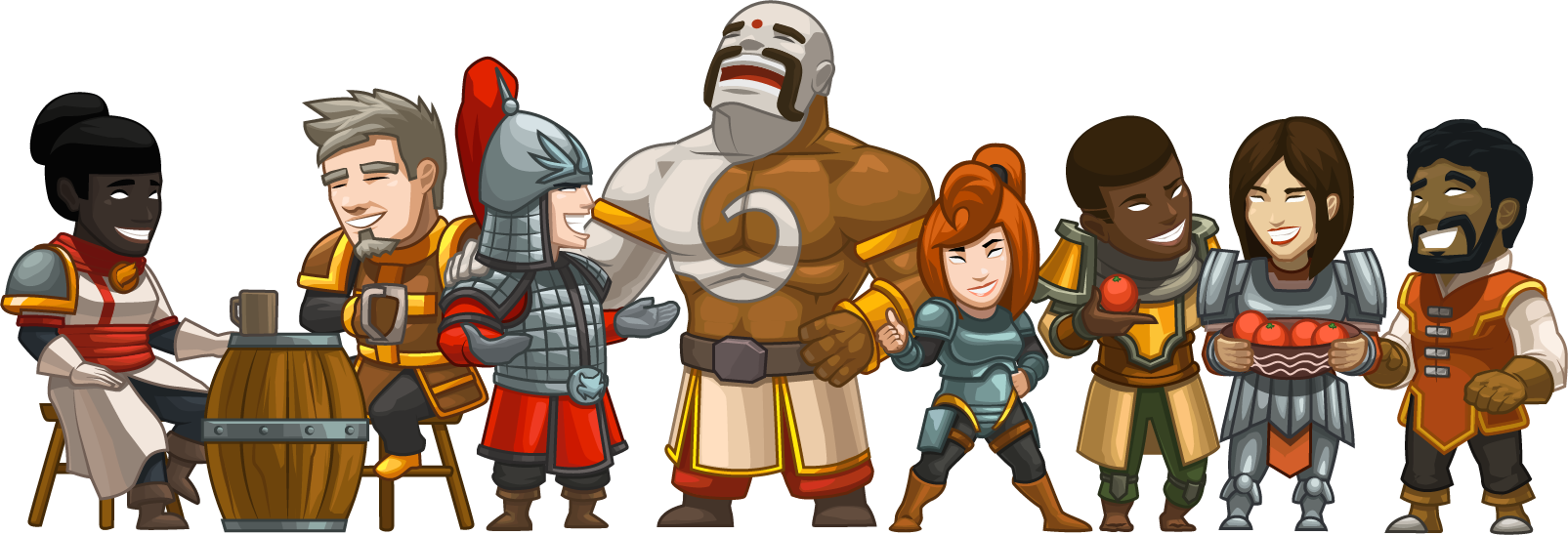In today's tech-saturated world, introducing computer science education during the foundational K-5 years goes beyond enhancing the curriculum; it marks a significant shift in preparing young learners for the digital age. Notable research by Emiliana Vegas and Brian Fowler highlights a substantial gap between traditional education models and the competencies needed for future success. Addressing this gap involves integrating robust computer science education early on, laying a foundational knowledge base that surpasses basic technological skills (Vegas & Fowler, 2020).
More than Coding: Developing Critical Lifelong Skills
The value of computer science in early education extends beyond programming. It involves cultivating critical thinking, problem-solving, and analytical skills from a young age. According to a Brookings report by Vegas and Fowler, not only is computer science education associated with higher college enrollment rates, but it also enhances cognitive abilities like planning and problem-solving (Vegas & Fowler, 2020). Early engagement with computational thinking allows children to understand complex concepts through dynamic and interactive learning experiences.
Additionally, a 2022 SmartBrief update on computer science equity emphasizes that beginning computer science education early can significantly boost confidence and interest in STEM fields. These formative years are essential for dismantling stereotypes and fostering diverse, inclusive educational environments where all students, particularly girls and students of color, can see themselves as future technology experts (LEGO Education, 2022).
Supporting the Computer Science Educational Journey
At CodeCombat, we are committed to supporting this educational journey with specially designed tools for early learners. CodeCombat Junior, our curriculum for K-5 students, introduces essential coding concepts at a pace suitable for young minds, ensuring the development of a solid computer science foundation. Students learn to code using drag-and-drop and a variety of code formats, including icon-based blocks and word blocks. CodeCombat Junior's flexible IDE allows students the option to code with blocks and text code side-by-side, helping students make the transition to text-based coding.
AI Junior takes a novel approach by merging multi-modal generative AI technologies with a user-friendly platform for K-5 students. This enables children to participate in creative activities such as sketching, writing, and designing digital products, transforming the learning process into an interactive and enjoyable experience.
As students progress in their K-12 journey, our curriculum adapts to their increasing capabilities and shifting interests. In middle school, Ozaria provides a strong coding foundation, which later allows for more personalized learning trajectories. High school students delve into AP Computer Science Principles and have the opportunity to explore a variety of specialized courses, tailoring their education to their specific interests.
One notable example of how an early introduction to CS can profoundly impact a student's trajectory is the story of Jiaying Shi. At just nine years old, Jiaying placed among the top 32 finalists in the Tsinghua Computer Science Tournament, a competition typically reserved for college students, eventually ranking 19th and outperforming several older participants. Her journey began with CodeCombat, and her passion grew as she explored further into our Ozaria platform, showcasing the profound capabilities young students can develop when provided with supportive, progressive learning tools.
By integrating computer science education early in students' academic paths, we enrich their learning experiences from kindergarten through high school. Starting with foundational concepts, students develop critical thinking and problem-solving skills that evolve with their educational progression. This approach not only enhances academic success but also prepares them for real-world challenges, fostering innovative and adaptable thinkers equipped for a digital future.

